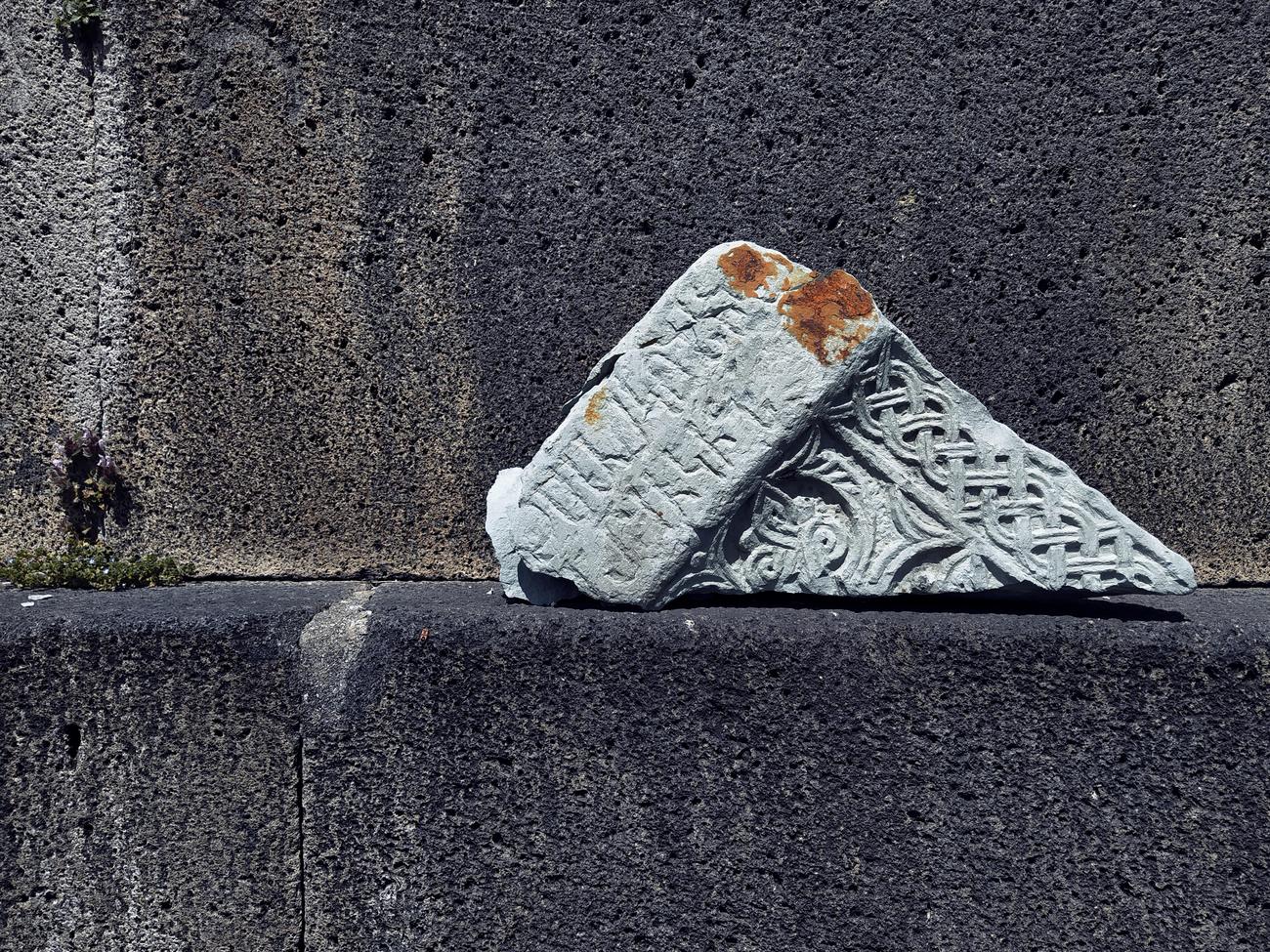Get ready to dive into the fascinating world of the Armenian alphabet – a script steeped in history and brimming with intriguing secrets. As an experienced linguist and passionate writer, I’m here to take you on a journey through the captivating characteristics and little-known trivia of this ancient script. From its origins to its unique features, prepare to be amazed by the remarkable facts that unlock the hidden wonders of the Armenian alphabet. So, fasten your seat belts and get ready to uncover the secrets that lie within!

Interesting Facts about the Armenian Alphabet
The Armenian alphabet is not just a collection of letters; it represents the captivating history and intricate cultural significance of Armenia. Let’s delve into some intriguing facts about this ancient script that has shaped the Armenian language and identity.
1. The Birth of the Armenian Alphabet
The Armenian alphabet was created in 405 AD by Mesrop Mashtots, a prominent Armenian linguist and religious leader. His mission was to develop a native script for studying religion in Armenian churches, replacing the use of foreign alphabets. This remarkable invention revolutionized the Armenian cultural and linguistic landscape.
“The birth of the Armenian alphabet marked a crucial turning point in Armenia’s cultural independence and religious development.”
2. The Unique Symbol: և
One fascinating aspect of the Armenian alphabet is the inclusion of a special symbol called “և.” This symbol, referred to as “yev,” is a ligature that represents the sound “and” in Armenian. Although it is sometimes counted as an additional letter, it is actually a combination of two letters. This distinctive symbol adds a touch of uniqueness to the Armenian script.
3. Structure and Patterns
The Armenian alphabet is known for its structural patterns. Two-thirds of the letter names are grouped according to these patterns, providing a consistent and organized system. This structural coherence showcases the meticulous thought and planning behind the development of the Armenian script.
4. Greek Influence
The Armenian alphabet exhibits Greek influence in various aspects. Unlike many other alphabets, Armenian has specific letters for vowels, a feature derived from Greek. Additionally, the direction of writing in Armenian is from left to right, similar to the Greek script. This Greek influence highlights the historical connections between these ancient civilizations.
5. The Armenian Word for “Alphabet”
The Armenian word for “alphabet” is այբուբեն (aybuben), which reflects the unique naming convention in Armenian. It is composed of the names of the first two letters of the alphabet, “ayb” (Ա) and “ben” (Բ), along with the conjunction “u” meaning “and.” This linguistic feature adds an interesting cultural dimension to the Armenian language and its naming conventions.
6. Widely Used in the Ottoman Empire
During the 18th and 19th centuries, the Armenian alphabet played an essential role in the Ottoman Empire. It was widely utilized in educational, literary, and religious contexts. This widespread adoption of the Armenian script underlines its significance and influence, even beyond the borders of Armenia.
“The Armenian alphabet’s reach across the Ottoman Empire showcased the transcendent power of this remarkable script.”
7. Punctuation Marks
The Armenian language goes beyond mere letters and includes unique punctuation marks that set it apart from other languages. These distinctive symbols add depth and nuance to the written Armenian communication, providing a visual representation of pauses, intonation, and emphasis.
8. Armenian Identity and Cultural Heritage
The Armenian alphabet serves as a testament to the enduring cultural and linguistic identity of the Armenian people. It represents their rich heritage, history, and resilience. The Armenian alphabet is not just a tool for communication; it is a tangible connection to their roots and a source of immense pride.
9. Modern-Day Relevance
Despite its ancient origins, the Armenian alphabet remains widely used today for writing the Armenian language. Its longevity and continued relevance reflect its adaptability and importance in contemporary Armenian society. The Armenian alphabet is a living testament to the enduring power of language and script.
In conclusion, the Armenian alphabet, with its fascinating facts and historical importance, stands as a testament to the Armenian people’s rich cultural heritage. From its inception under the visionary Mesrop Mashtots to its modern-day relevance, this ancient script unveils a world of intricate linguistic wonders. The Armenian alphabet is more than just letters; it encapsulates the essence of Armenian identity and the enduring power of language.
“The Armenian alphabet weaves together a tapestry of history, culture, and linguistic ingenuity, illuminating the remarkable spirit of Armenia.”
Armenian alphabet is filled with fascinating facts and rich history. Did you know that it is one of the oldest alphabets in the world, with roots dating back to the 5th century AD? If you’re curious to learn more about the intriguing origins and unique characters of the Armenian alphabet, click here to explore some interesting facts about armenian alphabet.
FAQ
Q: When was the Armenian alphabet developed?
A: The Armenian alphabet was developed around 405 AD by Mesrop Mashtots, an Armenian linguist and ecclesiastical leader.
Q: How many letters are there in the Armenian alphabet?
A: The original Armenian alphabet consisted of 36 letters, but eventually, three more letters were adopted, making the current Armenian alphabet have 38 letters.
Q: How many consonants and vowels are there in the Armenian alphabet?
A: The Armenian alphabet consists of 31 consonants and 7 vowels.
Q: Is there an additional symbol in the Armenian alphabet that is considered a letter?
A: There is another symbol called և that is sometimes counted as an additional letter but is actually a ligature.
Q: What does the word “alphabet” mean in Armenian?
A: The Armenian word for “alphabet” is այբուբեն, named after the first two letters of the Armenian alphabet: Ա (ayb) and Բ (ben), along with the conjunction “u” meaning “and”.
- Star Ring Trends: Etsy vs Amazon - March 28, 2025
- Boost Pollinator Habitats: Baby Blue Eyes Sustainable Farming Guide - March 28, 2025
- Protect Big Black Bears: Effective Conservation Strategies - March 28, 2025
















